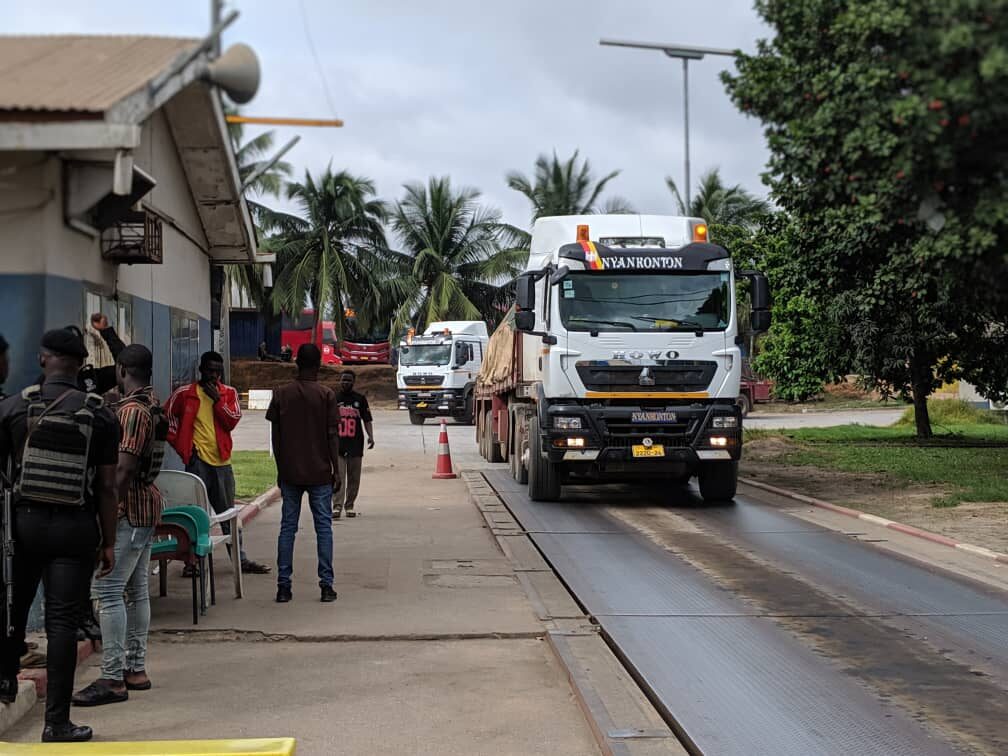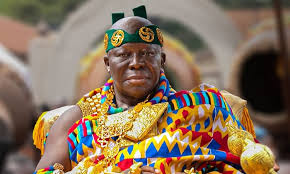A new legislation is been considered to deal with all forms of moving images on television, films, videos, the Internet, satellite broadcasting and advertisement.
The new legislation would have to reflect constitutional realities of the country.
Minister of Information and Presidential Affairs, Jake Obetsebi-Lamptey, said this in an answer to a question in Parliament.
Dr Alfred Sugri Tia, NDC MP for Nalerigu, had asked the Minister whether he was aware that some films shown on the television stations during the day time and early hours of the night could promote promiscuity among the youth and make the HIV/AIDS control programme partially ineffective.
Mr Obetsebi-Lamptey said the Ministry was aware of the concerns expressed on the content of TV programmes and advertisements and the negative effect they might have on the youth.
He said at present there was no law or regulation on material shown on the TV, unless the material was a film that has been presented to the Board established under the Cinematography Act of 1961, Act 76 as amended by NRCD 350.
Mr Obetsebi-Lamptey said because there had been so much public concern and until the new legislation was ready, the current Board was being reconstituted to deal with films and video that were for public exhibition.
The Board was to have urgent consultations with all TV stations and advertising agencies to start the process of drawing up standard rules and regulations that would be included in the new legislation.
When Mr John Mahama, NDC Mp for Bole and Mr Kosi Kedem, NDC MP for Hohoe South asked the Minister whether he was aware of a new Cinematography Act and if the Ministry of Media Relations was part of the New Ministry.
The Speaker, Mr Peter Ala Adjetey ruled them off saying they were not supplementary to the question posed.
Mr Emmanuel Adjei Boye, NPP Mp for Krowor asked whether the Ministry has been able to appoint a satellite provider as indicated in the contract agreement for the on-going satellite project at the Ghana Broadcasting Corporation (GBC).
The Minister said GBC has made contacts with Intelsat, a reputable worldwide service provider. The Union of National Radio and Television Organisations of Africa (URTNA) of which Ghana is a founding member recommended Intelsat.
A representative of Intelsat had already visited GBC for discussions on their requirements and a provisional cost has since been submitted to GBC. The final cost was expected soon.
After studying the final cost, GBC hopes to be able to formally appoint Intelsat as its service provider. Mr Boye also asked the Minister whether he was aware that GBC has been purchasing stationery to the tune of one billion cedis every year for the past eight years.
The Minister presented figures for actual annual expenditure of GBC on stationery from 1993 – 2000 and the period January to September 2001.
Mr Obsetsebi-Lamptey said GBC’s expenditure on stationery did not go anywhere near the figure of one million dollars as claimed. He said the highest figure was in 1995 with an expenditure of 959.4 million cedis with the lowest being 48.2 million cedis in 1993.
Source: GhanaWeb












